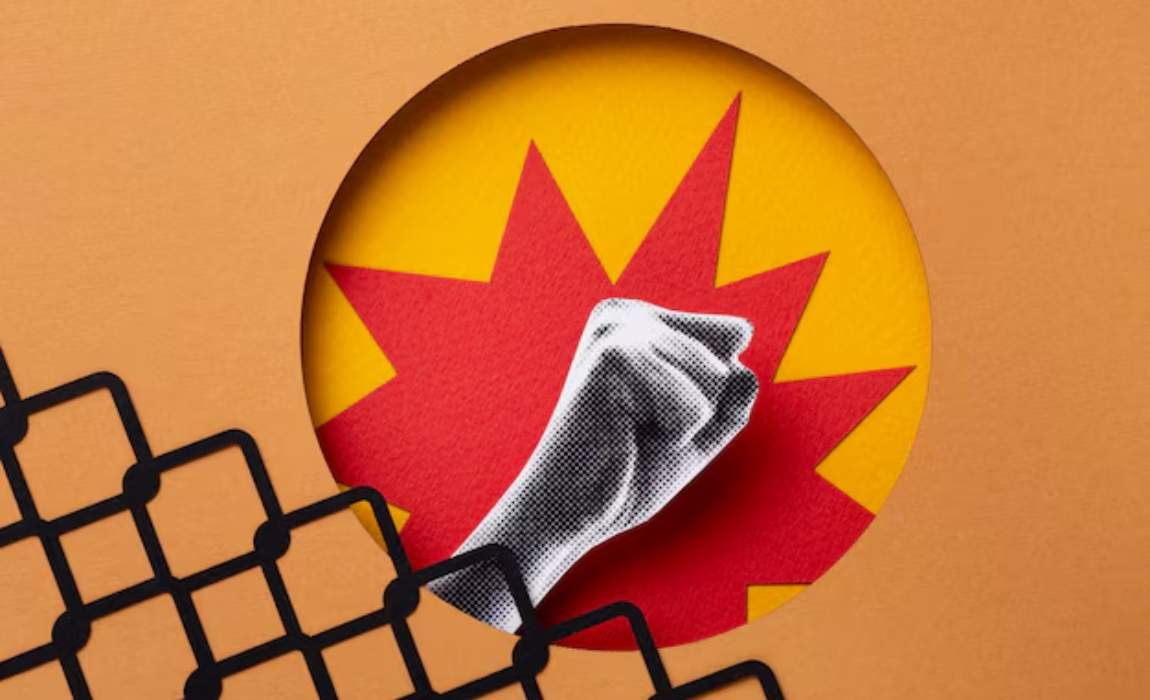
Section 69A and the Thin Line Between Press Censorship and Sovereignty: The X–Reuters Incident
The recent controversy surrounding the government’s invocation of Section 69A of the Information Technology Act, 2000 to direct social media platform X (formerly Twitter) to restrict access to a Reuters article has once again reignited debate on the fragile balance between sovereignty and press freedom in India. The so-called “X–Reuters incident” is not an isolated episode; it sits at the intersection of law, technology, and democracy, forcing us to examine the contours of legitimate state power and the boundaries of journalistic independence.
Section 69A empowers the central government to block public access to any online content “in the interest of sovereignty and integrity of India, defense of India, security of the State, friendly relations with foreign States or public order.” In principle, the provision is grounded in constitutional exceptions under Article 19(2), which allows
reasonable restrictions on free speech. Yet, the provision’s procedural opacity and absence of a robust appeal mechanism have long drawn criticism. Unlike ordinary censorship laws where restrictions are debated in open court, Section 69A operates through a closed-door process, with blocking orders often remaining confidential. The X–Reuters controversy exemplifies the dangers of this opacity: a global news report, authored by a reputed agency, suddenly vanished for Indian users without any official explanation to the public.
Supporters of the government’s move argue that sovereignty cannot be compromised in the name of press freedom. In an era of hybrid warfare, disinformation, and cross-border propaganda, even established news outlets can unwittingly serve as vectors of strategic narratives that undermine national interests. For the state, the calculus is simple: it must act swiftly, even pre-emptively, to prevent potential harm. Section 69A, from this standpoint, is not a censorship tool but a defensive shield, a legal weapon in the digital battlefield where information itself can destabilize democracies.
But this argument cannot mask the troubling questions it raises. The essence of democracy lies in accountability. When a news report is blocked, the public deserves to know why, and the media deserves the opportunity to contest the decision. The absence of such transparency creates an environment of uncertainty where journalists may resort to self-censorship, unsure of the invisible boundaries that separate legitimate reporting from actionable offense. Over time, this chilling effect corrodes the press’s role as the fourth pillar of democracy, leaving citizens less informed and more susceptible to state-controlled narratives.
The Supreme Court in Shreya Singhal v. Union of India (2015) upheld the constitutionality of Section 69A but emphasized that blocking orders must follow due process and procedural safeguards. The Court noted that reasons must be recorded in writing, and affected parties should ideally be given a chance to defend themselves. However, in practice, these safeguards have been diluted. The secrecy surrounding blocking orders undermines the spirit of judicial oversight envisioned in Shreya Singhal. The X–Reuters episode thus exposes a gap between legal doctrine and administrative practice.
Internationally, democracies face similar dilemmas. The United States grapples with regulating disinformation without infringing the First Amendment. The European Union, through the Digital Services Act, mandates greater transparency from platforms while allowing targeted restrictions. India must learn from these models: protecting sovereignty need not come at the expense of press freedom if there are clear, reviewable, and narrowly tailored mechanisms.
What is urgently needed is a middle path. Section 69A should be reformed to mandate publication of blocking orders, subject to exceptions only in rare national security cases. An independent oversight body could review the proportionality of such decisions, ensuring that the cure is not worse than the disease. Platforms like X must also play their part by being more transparent with users about the nature of government takedown requests.
The X–Reuters incident is more than a flashpoint; it is a litmus test for India’s commitment to both sovereignty and democratic values. A nation confident in its sovereignty does not fear scrutiny but engages with it, countering falsehoods with facts rather than silencing inconvenient truths. In the long run, the strength of a democracy is measured not by its ability to suppress criticism but by its resilience in facing it.
